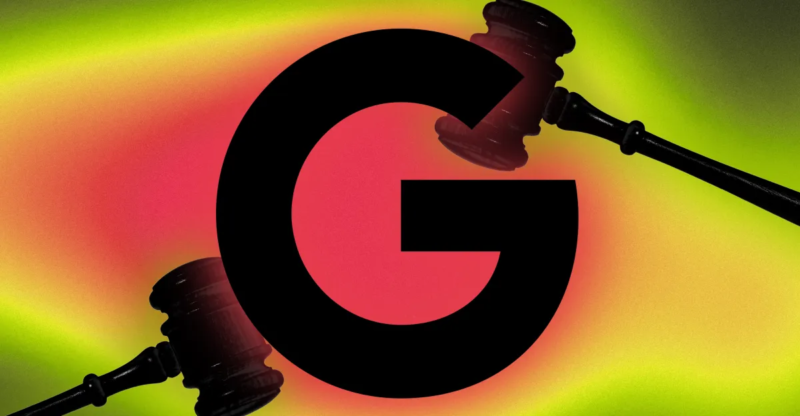Fast Facts
-
Court Proceedings Overview: Google faced Judge Leonie Brinkema for the final arguments over its ad tech monopoly, with a ruling expected next year, highlighting the urgency of the situation.
-
DOJ vs. Google’s Arguments: The DOJ aims for Google to sell its AdX exchange, while Google asserts that only behavioral changes are needed to address the identified issues.
-
Monopolistic Findings: Brinkema has previously ruled that Google holds an illegal monopoly and improperly linked two of its ad tools, emphasizing potential enforcement challenges during appeals.
-
Judicial Timing Concerns: The timing of the case echoes concerns raised in a similar Meta ruling, as the growth of competitors like TikTok influences perceptions of market dynamics.
Urgency in Addressing Google’s Ad Tech Monopoly
The recent court proceedings surrounding Google’s ad tech monopoly reveal a crucial moment in tech regulation. Judge Leonie Brinkema has received the arguments from both Google and the Justice Department. Her ruling, expected next year, holds significant implications. As she wisely noted, “time is of the essence.” The urgency behind this case stems from previous rulings that already found Google guilty of holding an illegal monopoly. The Justice Department seeks a solution that involves breaking up Google’s ad exchange, AdX, to foster competition. This step could cultivate a healthier digital marketplace.
On the other hand, Google argues that behavioral changes in its operations are sufficient. It contends that immediate modifications can address the issues raised by the court. While behavioral changes may implement quickly, their enforceability remains in question during the anticipated appeal. Given that obstructions can arise from extended legal battles, swift action seems imperative. Timing remains a critical factor; delays could hamper the potential benefits of any remedy. The backdrop of other cases, like that against Meta, shows how quickly market dynamics can shift.
A Call for Balanced Solutions
The debate around Google’s ad tech practices strikes at the heart of monopolistic concerns in the tech industry. If the court mandates a breakup, it could reshape the advertising landscape. This shift may open doors for smaller companies, ultimately benefiting consumers through increased options. Conversely, if the court leans toward behavioral changes, quick adjustments could place Google on a better path without disrupting its existing structures.
Each approach includes trade-offs. A breakup could lead to a longer transition period and uncertainty in the market. On the other hand, behavioral remedies might restore trust more immediately but may lack the thorough impact necessary for lasting change. The stakes are high, not just for regulators but for anyone using the internet. The trajectory of Google’s practices will likely set precedents for future tech regulations. As such, the decision by Judge Brinkema may not only affect Google but could also serve as a landmark in the ongoing dialogue about monopoly power in the digital age.
Continue Your Tech Journey
Stay informed on the revolutionary breakthroughs in Quantum Computing research.
Access comprehensive resources on technology by visiting Wikipedia.
TechV1

